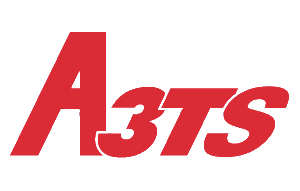FQ06 - Surface treatments of aluminum alloys: electrolytic and chemical conversion
Inter-company and intra-company courses
New
Educational objectives
To give a general knowledge of surface treatments of aluminum alloys
Explain the mechanisms of formation of oxide layers during a conversion
Presenting REACH-compatible alternatives to Cr VI
PROGRAM
1. General information on aluminum and its alloys
2. Corrosion of aluminum and its alloys
Description of the different forms of corrosion
3. Anodizing of aluminum alloys
Principle of the reactions involved
The different types of anodizing
Clogging
4. REACH-compliant anodizing
OAS + Cr III base filling
Layer formation
Role of the different elements
5. Chemical conversion
Principle and reactions involved
Properties of the layer
6. REACH-compliant chemical conversion
Principle and reactions involved
Properties of the layer
ADDITIONAL INFORMATION
To deepen your knowledge, we suggest you create a training course using other modules from the catalog.
CONTACT US
formation@a3ts.org
+33 (0)1 45 26 22 35
Accessible to people with reduced mobility: yes. Accessible to people with other disabilities: please contact our disability advisor on +33 (0)1 45 26 22 35 to discuss the situation together.
- DURATION
1day (7h)
- PUBLIC CONCERNED
Executive, Technician
- PREREQUISITES
None
- METHODS MOBILIZED
Courses and exercises on paper or digital support. Multiroom videoconference platform with chat.
- PLACE
Face-to-face INTER: A3TS PARIS
Face-to-face INTRA: ON SITE
Distance learning: VISIOCONFERENCE
- RATES
In-class :
- Inter : 650€ HT/pers.
- Intra : on quotation
Distance learning : 560€ HT/pers.
- DEADLINES AND DATES
Find out in real time the dates and places available on our website: www.a3ts.org/catalogue-formations
Training open to a minimum of 4 participants.
- TRAINER
Surface treatment engineer.
- EVALUATION METHODS
Satisfaction survey at the end of the session.
Evaluation of learning at the beginning and end of the training.




